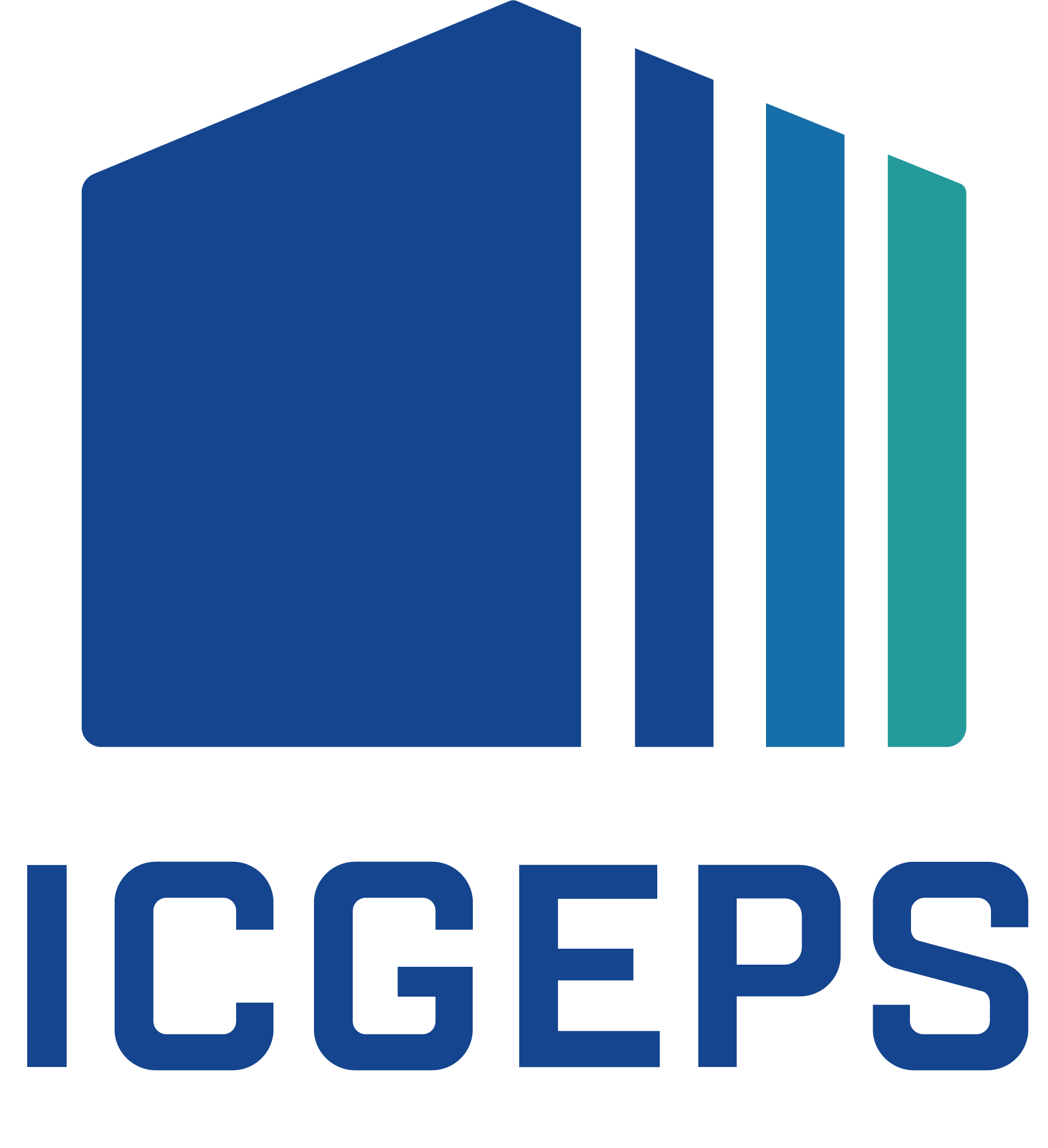
Keynote Speakers of 2023
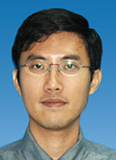
Prof. Chong Kok Keong, Universiti Tunku Abdul Rahman, Malaysia
Fellow of Academy of Science Malaysia, Fellow of ASEAN Academy of Engineering & Technology (AAET)
Research Area:
Solar cell technology, renewable energy, optoelectronics, electronic circuit, microsystem technology, circuit theory, electronic power converter
Introduction:
Prof. Dr. Chong Kok-Keong received B.Sc. (Hons) 1st class degree from University of Malaya in 1998 and Ph.D. (Optical Engineering) degree from Universiti Teknologi Malaysia in 2002. He is also Fulbright visiting scholar in Princeton University, USA for the period of Sep-Dec 2015. Currently, he is full professor in Universiti Tunku Abdul Rahman and a chartered engineer registered under the engineering council, United Kingdom. For research experience, he has been working in the field of solar energy engineering for more than 18 years and his research interest including concentrating solar power, concentrator photovoltaic system, photovoltaic, daylighting and solar thermal system. To date, he has produced 108 publications, including high impact journal articles, conference proceedings and book chapters, with h-index = 23 & total citations of 1856. For research leadership, he has been principal investigator for seven external grants with total amount of more than USD 1 Million and leading multi-disciplinary research fund. For recognition of his contribution, Dr Chong has been honoured to receive Top Research Scientists Malaysia (TRSM) 2018, Malaysia Toray Science Foundation (MTSF) Science & Technology Award 2017, JCI Ten Young Outstanding Malaysian (TOYM) Award 2013, Fulbright Scholar Award 2015-16, Gold Award in PECIPTA’17, as well as UTAR Research Excellence Award 2010 and UTAR Innovation Excellence Award 2012 & 2014. To honour his contribution in academics & research, he has been elected as Fellow of Academy of Science Malaysia 2019, Fellow of ASEAN Academy of Engineering & Technology (AAET) 2018, Associate Fellow of AAET 2013, Global Young Academy 2014, Young Affiliate Fellow for The World Academy of Sciences (TWAS) 2011, Young Scientist Network-Academy of Science Malaysia 2012. In addition, he was invited to showcase research product in main exhibition hall of Malaysia Pavilion – World Expo 2017 Astana with theme “Future Energy”, which is the largest exhibition in the world. For the community services, he is appointed as sub-group leader of Working Group on Solar Photovoltaic System (WG/E/8-1), SIRIM, and Accreditation Committee Member of Malaysian Qualification Agency (MQA).
Speech Title:
Performance analyses of photovoltaic module under different spectral irradiances by considering both photonic and electrical characteristics
Abstract:
The solar spectral irradiance varies significantly for different locations and time due to latitude, humidity, cosine effect of incident sunlight, etc. For convenience, the power-conversion efficiency of a photovoltaic is referenced to the international standard of AM1.5G spectral irradiance, which inevitably leads to varying performance of deployed photovoltaic module under the specific local climate and insolation conditions. To predict the actual performance of photovoltaic module under local climate conditions, we propose a methodology to compute the power-conversion efficiency of organic photovoltaic cells based upon indoor measurement with a solar simulator, the measured local solar spectrum, and making use of both optical and electrical factors. From our study, the annual average energy density yield of poly(3-hexylthiophene):phenyl-C61-butyric acid methyl ester (P3HT:PCBM) bulk-heterojunction organic solar cells under the local spectral irradiance of Malaysia is estimated to be 31.89 kWh/m2 and the power-conversion efficiency is increased by 5.4% compared to that measured under AM1.5G conditions. In addition, diffuse solar irradiance (cloudy condition) was found to be in favor of P3HT:PCBM solar cells, with gain of 23.7-27.9% relative to AM1.5G conditions.
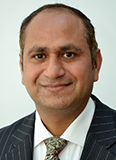
Prof. Mohan Lal Kolhe, University of Agder (Norway), Norway
Research Area:
Smart grid, grid integration of renewable energy systems, home energy management system, integrated renewable energy systems for hydrogen production, techno-economics of energy systems, solar and wind energy engineering, development of business models for distributed generation etc.
Introduction:
Professor (Dr) Mohan Lal Kolhe is with the University of Agder (Norway) as full professor in ‘electrical power engineering with focus on smart grid and renewable energy’ in the Faculty of Engineering and Science. He has also received the offer of full professorship in smart grid from the Norwegian University of Science and Technology (NTNU). He has more than three decades’ academic experience at the international level on electrical and renewable energy systems. He is a leading renewable energy technologist and has previously held academic positions at the world's prestigious universities e.g. University College London (UK / Australia), University of Dundee (UK); University of Jyvaskyla (Finland); Hydrogen Research Institute, QC (Canada); etc.
He was also a member of the Government of South Australia’s Renewable Energy Board (2009-2011) and worked on developing renewable energy policies. He was also leading the EU FP7 Smart Grid-ICT project ‘Scalable Energy Management Infrastructure for Household’ as Technical Manager.
His academic work ranges from the smart grid, grid integration of renewable energy systems, home energy management system, integrated renewable energy systems for hydrogen production, techno-economics of energy systems, solar and wind energy engineering, development of business models for distributed generation etc. He also did extensive teaching in renewable and electrical energy systems engineering as well as in energy economics.
He has been successful in winning competitive research funding from the prestigious research councils (e.g. EU, EPSRC, BBSRC, NRP, etc.) for his work on sustainable energy systems. He has published extensively in the energy systems engineering. He has been invited by many international organizations for delivering expert lectures / courses / key note addresses / workshops. He has also been member of many academic promotional committees.
Speech Title:
Green Hydrogen Energy System - integrated autonomous renewable energy system based on hydrogen as an energy carrier
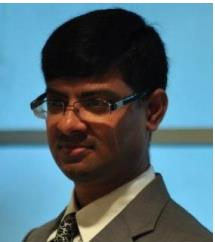
Associate
Professor M V Chilukuri, School of Electrical Engineering, Vellore Institute of Technology, India
Research Area:
Power Quality, Condition Monitoring, Time-Frequency Analysis and Smart Grid
Introduction:
Chilukuri graduated with BEngg in Electrical and Electronics Engineering, MEngg in Power Systems and Automation from the
Andhra University, India and PhD in Electrical Engineering from Multimedia University, Cyberjaya. He was a Lecturer at Faculty of
Engineering, Multimedia University, Cyberjaya, Malaysia from 2001-12. He was an Assistant Professor at the Department of
Electrical and Electronics Engineering, University of Nottingham Malaysia Campus from 2012 – 2015. He was a project consultant
for Nottingham MyResearch on “Benchmarking Malaysian Data Centre Energy Efficiency” and prepared “Green Data Centre
Road Map” to Multimedia Development Corporation (MDeC), Malaysia. He conducted a symposium on “Tropical Data Centre
Energy Efficiency”, ALOFT Hotel, Kuala Lumpur, 14th Dec 2014 and Chaired the panel discussion. Since, May 2016 he is an
Associate Professor of Power Systems and Smart Grid at the School of Electrical Engineering, Vellore Institute of Technology
University, Vellore, India.
He conducts research and consultancy in the field of Power Quality, Condition Monitoring, Time-Frequency Analysis, Smart Grid, Data Centre Energy Efficiency and Green ICT. He has published more than 50 papers and presentations at International Conferences and Journals. He has conducted a tutorial on “Intelligent Power Quality Analysis” at IEEE TENCON, Chiang Mai (2004), and at Instition of Engineers Malaysia, Kuala Lumpur. He also conducted a workshop on “Time-frequency Signal Processing” at UKM (2004), Telekom Malaysia R & D (2004). He conducted a tutorial on “Smart Grid Communication Standards & Smart Metering” at IEEE International Conference on Information Networking (ICOIN), Kuala Lumpur (2011). He is organizing committee member of IEEE ICSIPA2011, IEEE ICSIPA2009, IEEE PECON06, IEEE PECON03 and CIGRE C6 Study Committee Colloquium on “Rural Electrification for Socioeconomic Development” (2007). In addition, he was a member of "Asia Pacific Regional Conference and Exhibition on Power Quality" organized by CIRED Malaysia and member of MNC-CIGRE from 2005 – 2007. He is a member of IEEE PES & IAS Task Force on P1564 and UIE Working Group on Voltage Sag Indices. He was MyREN Green Technology Research Group Chair and MTSFB GREEN ICT Metrics & Measurements WG Leader from 2009-2012. He was MTSFB Green ICT Promotion and Awareness Vice-Chair, 2012- 15. He is a reviewer of IEEE Transactions on Power Delivery, Industrial Application Society, Signal Processing and International Journal of Signal Processing of Elsevier.
Speech Title:
AI & 5G for Smart Energy Networks
Abstract:
Green Energy is crucial to the ICT industry, Data Centres and Digital Transformation. Recently, there has been an increase in Data Centres across the world to provide quality consumer services using mobile networks. Smart Grid is an application of ICT to improve the energy efficency, reliability and quality of power supply. While OEMs are focused energy efficiency in the hardware through design and development but others focused on Energy Management and Optimal Utilisation through software and Signal Processing. In this keynote speech, the role of AI and 5G to drive Digital Transformation to provide Green Energy for Sustainable Development.
This keynote speech will discuss the future of Green Energy in Smart Energy Networks and its importance in Digital Transformation.
Keynote Speakers of 2022
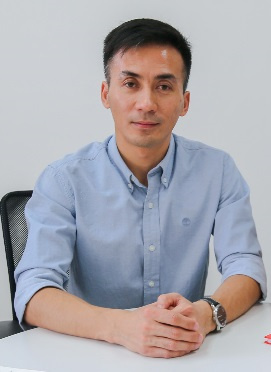
Prof. Pan Hui
University of Macau, China
Brief introduction: Dr. Hui Pan is a professor in the Institute of Applied Physics and Materials Engineering, and the founding head of Department of Physics and Chemistry in the Faculty of Science and Technology at the University of Macau. He got his PhD degree in Physics from the National University of Singapore in 2006. From 2006 to 2013, he worked at National University of Singapore as a Research Fellow, Oak Ridge National Laboratory (USA) as a Postdoctoral Fellow, and Institute of High Performance Computing (Singapore) as a Senior Scientist, respectively. He joined the University of Macau as an assistant professor in 2013. In his research, a combined computational and experimental method is used to design and fabricate novel nanomaterials for applications in energy conversion and storage (such as electro-/photo-catalysis, water splitting, N2/CO2 reduction, supercapacitors, hydrogen storage, solar cell, and fuel cells), electronic devices, spintronics, and quantum devices. He has published more than 240 papers in international peer-reviewed journals. The total citation is ~ 10000. Additionally, he is the author of 5 book chapters and the inventor of 4 USA and 6 China patents. His present h-index is 50.
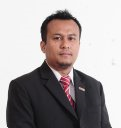 Prof. Zainal Kadir
Prof. Zainal Kadir
Universiti Putra Malaysia,Malaysia
Brief introduction: Prof Zainal received his B.Eng. degree in Electrical and Electronic Engineering from Universiti Putra Malaysia (UPM) and Ph.D. degree in High Voltage Engineering from the University of Manchester, U.K. Currently, he is a Professor at the Faculty of Engineering, UPM. Prof Zainal is a Fellow of Academy of Sciences Malaysia (FASc) and Fellow of the IET (FIET). He is also an IEEE Power & Energy Society (PES) Distinguished Lecturer in the field of lightning and high voltage engineering. To date he has authored and co-authored over 400 journals and conference papers. He has supervised 33 PhD and 42 MSc students and currently 30 PhD and 4 MSc are on their way. His research interests include high voltage engineering, lightning protection, electromagnetic compatibility, power system transients and renewable energy. Prof Zainal is a Professional Engineer (PEPC), a Chartered Engineer (CEng) and a Professional Technologist (PTech). Currently, he is the Chairman of the National Mirror Committee of IEC TC 81 (Lightning Protection) and Local Convener of MNC-CIGRE C4 on System Technical Performance. He is also an Advisory Board Member of the National Lightning Safety Institute (NLSI) USA, Steering Committee of Asia Pacific Lightning and Research Advisor for the African Centre for Lightning and Electromagnetic (ACLE).
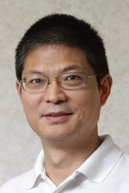 Prof. Chris Mi
Prof. Chris Mi
San Diego State University,USA
Brief introduction:
Dr. Mi is the Professor and Chair of the Department of Electrical and Computer Engineering at San Diego State University. He is a Fellow of IEEE (Institute of Electrical and Electronics Engineers) and SAE (Society of Automotive Engineers). He is also the Director of the US Department of Energy-funded Graduate Automotive Technology Education (GATE) Center for Electric Drive Transportation at SDSU. He was previously a faculty member at the University of Michigan-Dearborn from 2001 to 2015, and an Electrical Engineer with General Electric from 2000 to 2001. He also served as the CTO of 1Power Solutions from 2008 to 2011. Dr. Mi received his Ph. D from the University of Toronto, Canada, in 2001.
Dr. Mi has won numerous awards, including the “Distinguished Teaching Award” and “Distinguished Research Award” from the University of Michigan-Dearborn, IEEE Region 4 “Outstanding Engineer Award,” IEEE Southeastern Michigan Section “Outstanding Professional Award,” and SAE “Environmental Excellence in Transportation (E2T) Award.” He is the recipient of three Best Paper Awards from IEEE Transactions on Power Electronics and the 2017 ECCE Student Demonstration Award. In 2019, he received the Inaugural IEEE Power Electronics Emerging Technology Award.
Dr. Mi has received over $5.8 million in research funding since joining SDSU in 2015. He has published five books, 204 journal papers, 126 conference papers, and 25 issued and pending patents. He served as Editor-in-Chief, Area Editor, Guest Editor, and Associate Editor of multiple IEEE Transactions and international journals, as well as the General Chair of over ten IEEE international conferences.
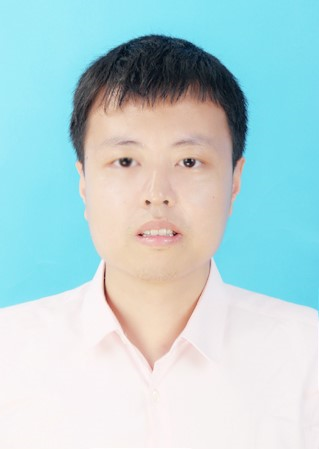
Prof. Zhiyuan Zhu
Southwest University, China
Brief introduction:
Zhiyuan Zhu is currently a Professor at Southwest University. He received the Ph.D. degree in Microelectronics and Solid-State Electronics from Peking University in January 2016. And then he joined Zhejiang University as an assistant professor. In September 2019, he joined Southwest University as a full professor. Prof. Zhu has published more than 40 peer-reviewed papers and contributed 4 invited or keynote conference talks. He also served as TPC member or Session Chair for more than 10 conferences. Prof. Zhu won Zhongtian Faculty Fellowship in 2018 and was awarded as the outstanding researchers at Chongqing Institute of Electronics in 2021. He is the formal Committee member of IoT Young Scientist Technical Group at Chinese Institute of Electronics. He also serves as editorial board member for Plos One, Processes and guest editor for Sensors, Processes.